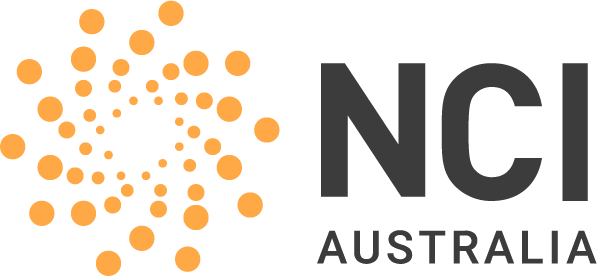Australian BioCommons Workflow Commons
VISION
Australian life scientists can discover, understand, and execute priority workflows that underpin their research programs.
CHALLENGES
Molecular analyses methods are continuously evolving, as new instrument types are rolled out, and more data is generated with existing instruments. These changes mean that researchers increasingly need to analyse larger and more complex datasets.
Using computational workflows to encode data analysis allows methods to be discovered, shared, validated, executed and reused across the life sciences community - lowering the barrier to accessing new analysis methods.
However, it is difficult for research communities to keep up with the constant evolution of computational workflows. One of the most frequent requests from researchers is: how do we apply this new workflow to our data?
These challenges call for an ecosystem of services and platforms that allow Australian life scientists to discover, understand, and execute priority workflows that underpin their research programs.
APPROACH
Australian BioCommons has established the Workflow Commons in response to the above challenges.
The Workflow Commons aims to:
Address challenges in workflow discovery, creation, sharing, validation, execution, and reuse in collaboration with workflow developers, users and infrastructure providers
Develop and deploy priority workflows that address emerging data analysis requirements in consultation with the life science community
Improve the FAIRness of workflows via an ecosystem of services, training and support.
Australian BioCommons is collaborating with our partners at Sydney Informatics Hub, the National Computational Infrastructure (NCI), and the Queensland Cyber Infrastructure Foundation (QCIF) to deliver the Workflow Commons. We consult with the BioCommons bioinformatics workflows community to understand their ongoing challenges and identify gaps in existing community scale digital infrastructure.
PROJECT TIMELINE
January 2024 - December 2026
JULY 2025 - DECEMBER 2025
Spatial Sampler
How-to guides and code-snippets for asking questions of single-cell spatial datasets. They include worked examples on real datasets.
scRNAvigator
A collection of R notebooks for interactive exploration, processing, and analysis of your single cell RNA sequencing data.
WORKFLOW
Spatial omics workshop
A hands-on workshop demonstrating in situ spatial experiments with Seurat in R, covering quality control, visualisation, and best practices.
TRAINING
Spatial omics webinar
A webinar navigating the spatial omics landscape, featuring method comparisons, analysis considerations, and bioinformatics theory explainers.
TRAINING
TAXODACTYL
Nextflow workflow for the conservative taxonomy assignment to DNA sequences, designed for high-confidence, auditable results in biosecurity and biodiversity context.
WORKFLOW
JANUARY 2025 - JUNE 2025
ONTViSc
Nextflow-based bioinformatics pipeline designed to help diagnostics of viruses and viroid pathogens for biosecurity.
Developed in collaboration with the Department of Agriculture, Fisheries and Forestry.
WORKFLOW
Pipeface
Nextflow workflow that aligns the variant calling phase and can annotate long read ONT and/or PacBio HiFi data.
Developed in collaboration with Garvan Institute for Medical Research.
WORKFLOW
Deepvariant-nextflow
Nextflow workflow to run different steps of Google's DeepVariant as independent jobs on Gadi, optimising service unit usage and performance.
Developed in collaboration with Garvan Institute for Medical Research.
WORKFLOW
JULY 2024 - DECEMBER 2024
Pre-Alphafold workflow
Creates a list of target-candidate pairs that can be used as input into Alphafold2.
Developed in collaboration with Community for Structural Biology Computing in Australia.
WORKFLOW
Genome assembly workflow
Galaxy workflow to assemble genomes from Nanopore reads for Threatened Species Initiative.
Developed in collaboration with Threatened Species Initiative.
WORKFLOW
Making sense of gene protein lists
Discover how to use functional enrichment analysis combined with gene ontology and pathway information to highlight the underlying biology in your data.
TRAINING
Building the future of bioinformatics with Nextflow
Explore the technical advantages of Nextflow, highlight ways to engage with a thriving global community, and provide valuable insights into career growth opportunities within this ecosystem.
TRAINING
Template to aid beginners in learning how to develop best practice Nextflow workflows.
WORKFLOW
Nextflow workflow template generator
JANUARY 2024 - JUNE 2024
Parabricks-Genomics-nf
GPU-enabled Nextflow pipeline for alignment and germline short variant calling for short read sequencing data.
WORKFLOW
Collection of Galaxy workflows that produces an ‘AnnData’ object, which can then be used as a base for downstream analysis of Single Cell RNASeq data.
GUIDANCE
scRNAseq Processing Workflows











